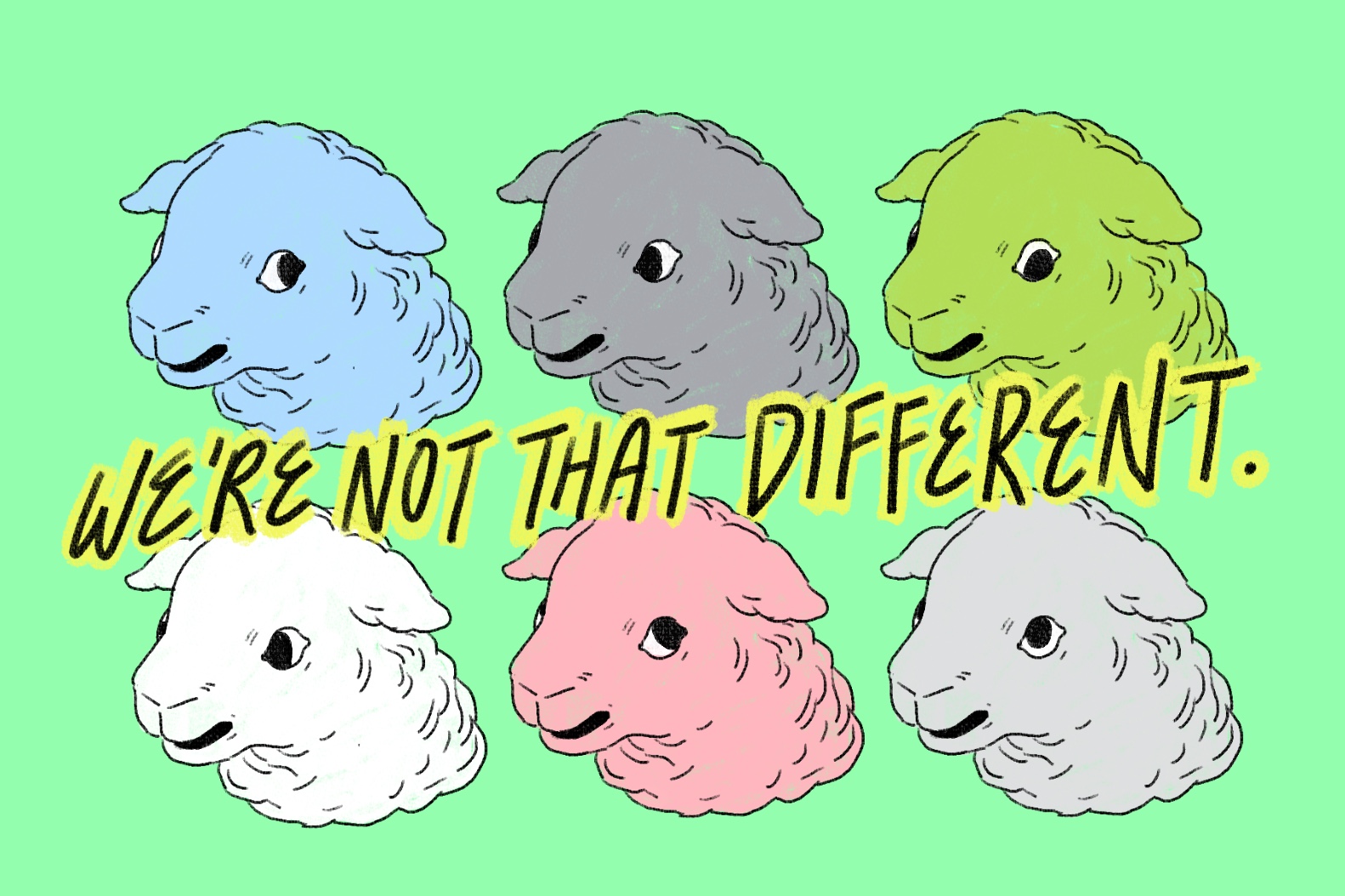According to the Oxford dictionary, a denomination is a recognised autonomous branch of the Christian Church.
There are a lot of denominations and they often have different emphases on different aspects of the Christian faith.
Unlike cults, recognised branches of the Christian Church subscribe to core, primary doctrines such as the belief that Jesus is the Son of God and the doctrine of the Trinity.
Aside from such primary things, denominations have their own unique expressions of worship, structure and tradition.
For instance, the Lutheran denomination follows Martin Luther’s teachings and ideologies, and is therefore named after him.
The Methodist denomination got its name because its members are known for following “methods” for spiritual growth proposed by their founder, John Wesley.
The Presbyterian denomination got its name from the Greek word presbyteros, which means “elder”, because of its emphasis on church leadership… and the list goes on.
There are a lot of denominations, yet Christ and His followers rightly put great emphasis on unity among the churches. So just how are we united when there are so many denominations? Let’s find out!
Unity, not uniformity
We need to first recognise that being united doesn’t mean being uniform. Denominations are simply unique expressions of the same faith believers have in Jesus Christ.
A denomination with a wonderful preaching tradition and solemn services? We thank God. Another denomination with shouts of joy and jubilant dancing in their worship? We thank God.
There will be differences in our churches, big and small, because there is diversity in the human race – and that is something to be celebrated because God has created all people uniquely and wonderfully.
We can celebrate the varying expressions of the same faith we share, knowing they all give glory to the same God we worship.

Let each unique expression of the faith edify, equip, encourage and exhort the Body of God!
Let us focus on the primary things. And as we do so, let us reflect on Paul’s words in Ephesians 4: “There is one body and one Spirit, just as you were called to one hope when you were called; one Lord, one faith, one baptism; one God and Father of all, who is over all and through all and in all.”
Disunity: Danger in disagreements
That being said, we cannot run away from the reality that there will be moments of disunity between denominations or churches at times. That’s because we’re all human, and we’re all sinful.
Opportunities for disagreements abound. Indeed, there will be moments when denominations and churches fail to agree on things like:
- Baptism
- Preaching
- Church structure
- Spiritual gifts (like tongues)
- Holy Communion (can non-baptised believers partake?)
- The kind of worship music to be sung in church services
That’s not an exhaustive list. And the truth is, these disagreements aren’t always resolved peacefully or within the Body of Christ.
Whenever that happens, we sadly show the world that Christians aren’t unified in faith and purpose.
One Lord, one faith
What should we do then, as believers? We should make every effort to protect the unity of the Church.
We shouldn’t “judge someone else’s servant” (Romans 14:4), because no one person has the final and full grasp of the faith.
Instead of seeing different denominations as competitors or rivals, we must see each other as unique expressions of the same Body of Christ, with Christ as our head (Ephesians 1:22-23).
Whichever denomination we belong to, let us be charitable towards our fellow brothers and sisters-in-Christ.
There are better things to focus on, such as the fact that different expressions of the faith flesh out different aspects of the Gospel to different people who haven’t heard the Good News.
Ultimately, the Church must be united in its mission.
Our task – each and every one of us believers – is to fulfil the Great Commission (Matthew 28:18-20) and to prepare the Bride for Christ’s return (Revelation 19:7).
I am always moved to see unity movements such as LoveSingapore, cross-denominational ministries such as FOPx and Thir.st Youth Nights, and when churches come together in unity during a crisis.
Such initiatives show us that it is possible for churches to unite together despite our differences, as long as we have a common goal or vision.
May we always remember that we are all of one Body and one Spirit, and be united in one hope and one faith, as we await the return of the one Bridegroom (John 3:29).
- What does unity mean to you?
- What does unity mean according to God’s Word? What are some verses that reflect this?
- What is your part to play in building and protecting unity in the Church?









